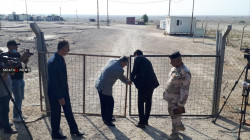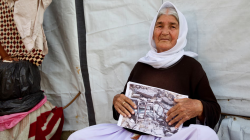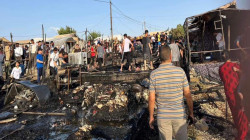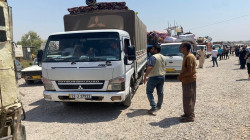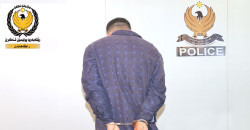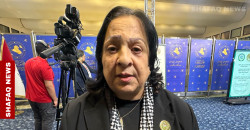Kurdistan presidency stands against forced return of displaced persons
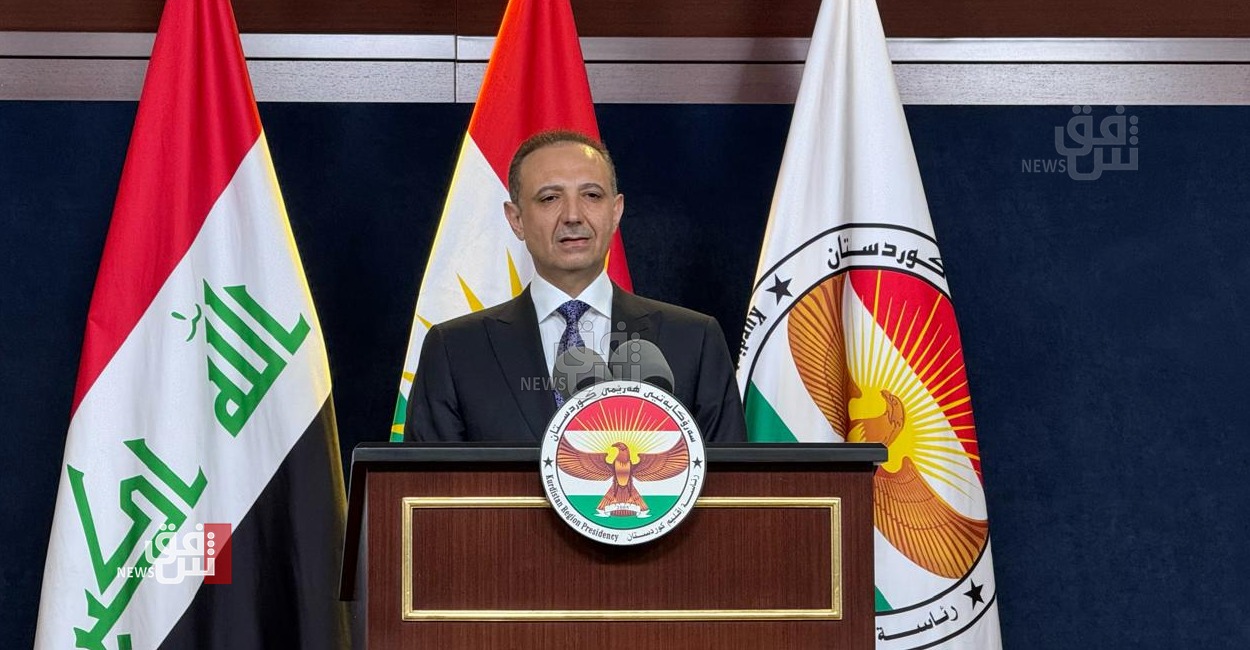
Shafaq News/ The Presidency of the Kurdistan Region announced on Wednesday its firm position of rejecting the forced return of displaced persons in camps in the Region to their original areas of residence.
Presidency spokesperson Dilshad Shehab said in a press conference held today and attended by a Shafaq News Agency correspondent, "The displaced are guests of Kurdistan, and they came to the Region in difficult circumstances, and Kurdistan welcomed them in light of an economic threat, and a fierce terrorist attack along the region's borders."
He further confirmed, "We had no interest in this displacement, and we did not knock on doors for the displaced to come to us. Rather, it was the circumstances that forced them to do so against their will," adding, "We want the situation to stabilize in the areas from which the displaced came."
In this context, Shehab said, "We did not force anyone to come to Kurdistan, and we do not force anyone to return at the same time, and it is not logical for the Kurdistan Region to prevent the displaced from returning to their homes if they want to."
The Iraqi government's impending deadline to close 23 displacement camps in the Kurdistan Region by July 30 has sparked concerns and criticism, particularly among Yazidi refugees reluctant to return to their war-torn homelands.
The camps, housing approximately 155,000 internally displaced persons (IDPs), predominantly Yazidis who fled the brutal onslaught of ISIS militants in 2014, are at the center of a contentious debate over safety and preparedness for return.
Critics argue that the Iraqi government's decision to enforce the closure, originally set by the Cabinet in January, places undue pressure on vulnerable populations, many of whom endured atrocities and remain apprehensive about the security and stability of their former communities.
The closures are part of Baghdad's broader effort to address the long-standing issue of displacement in Iraq, where most IDPs have either returned to their original homes or settled in informal settlements after the defeat of ISIS. However, in the Kurdistan Region, a significant number of IDPs from Sinjar still reside in camps due to the region's ongoing instability and the presence of armed groups, including Kurdish forces aligned with the Kurdistan Workers' Party (PKK).
While the Iraqi Ministry of Migration offers financial assistance to facilitate resettlement, providing each family with four million Iraqi dinars for reconstruction costs, concerns linger about the adequacy of support and the voluntariness of returns.
The impending deadline has drawn criticism from international organizations, including Human Rights Watch, which warned that premature closures could force vulnerable populations into unsafe conditions or irregular settlements.
According to the latest data from the Kurdish government, there are more than 630,000 IDPs in the Kurdistan Region. However, most of them reside outside of the 23 camps established across Duhok, Erbil, and Al-Sulaymaniya governorates.
